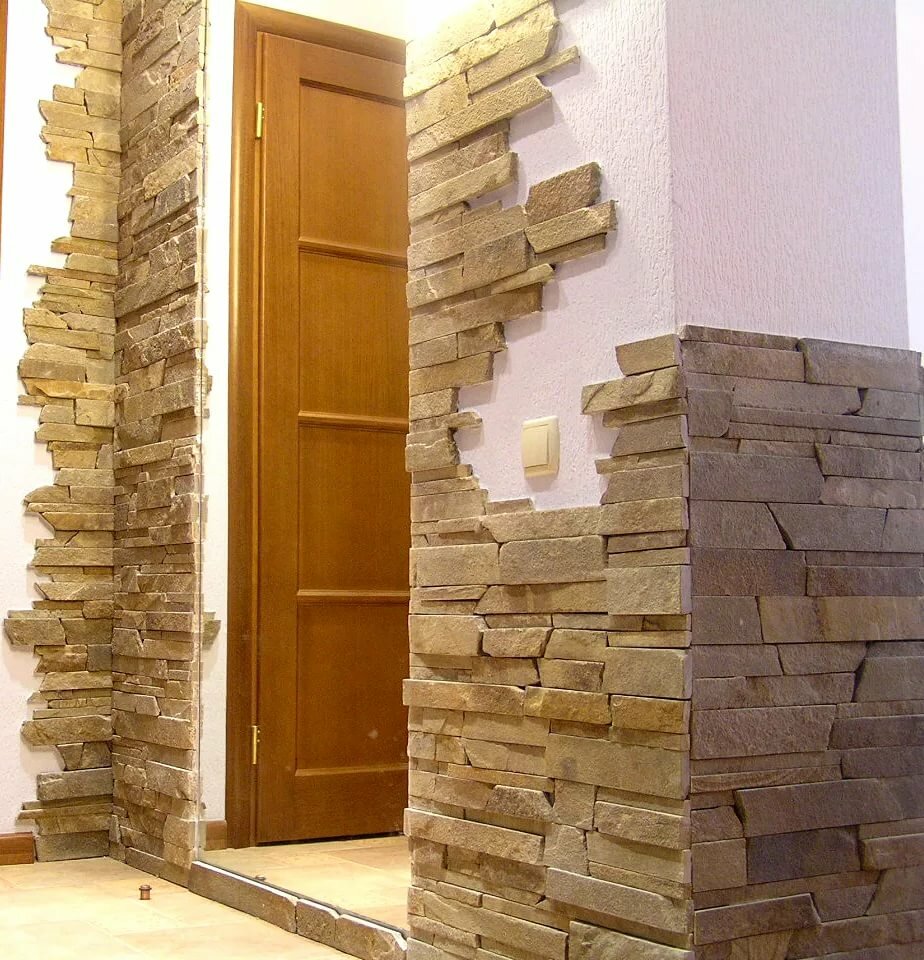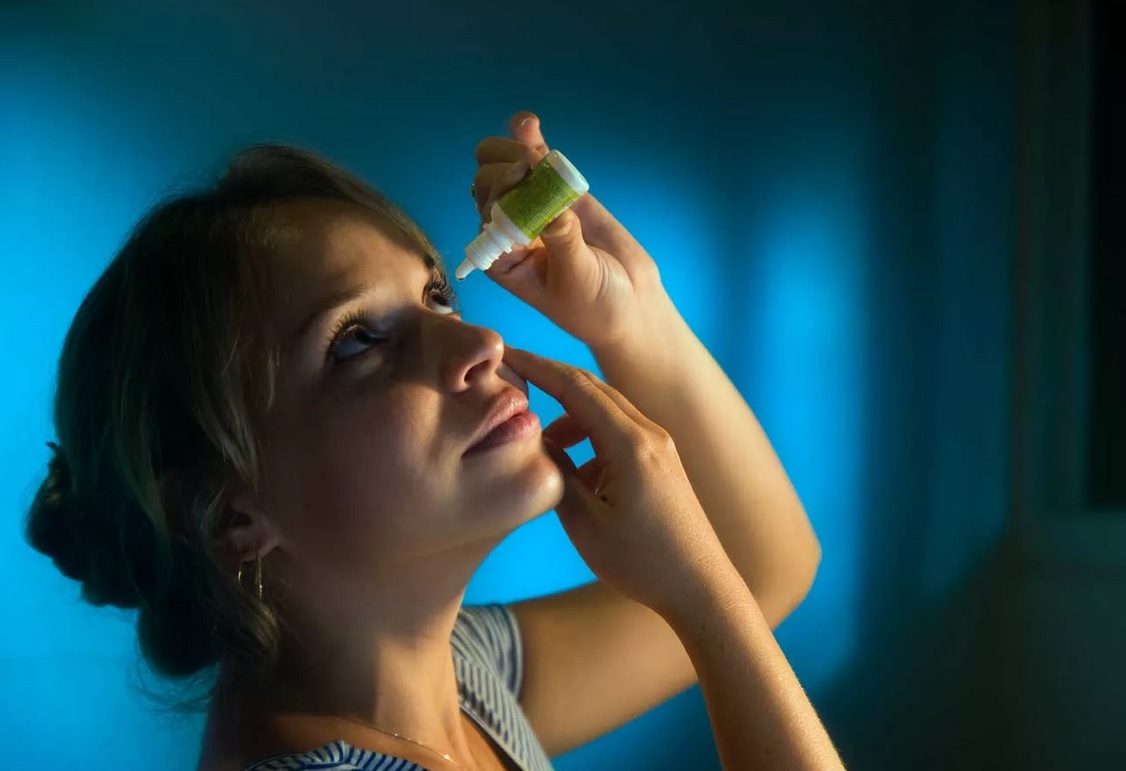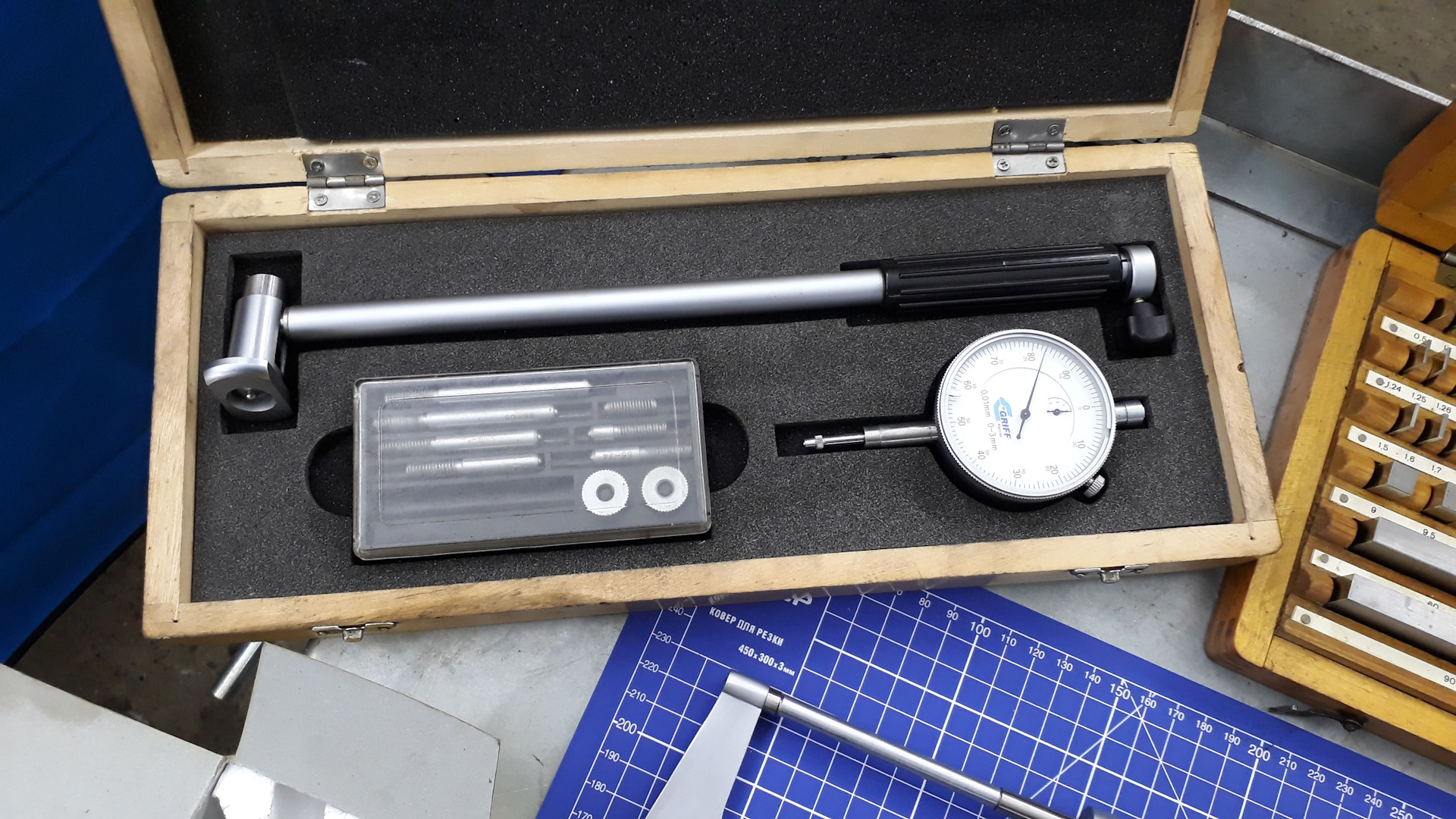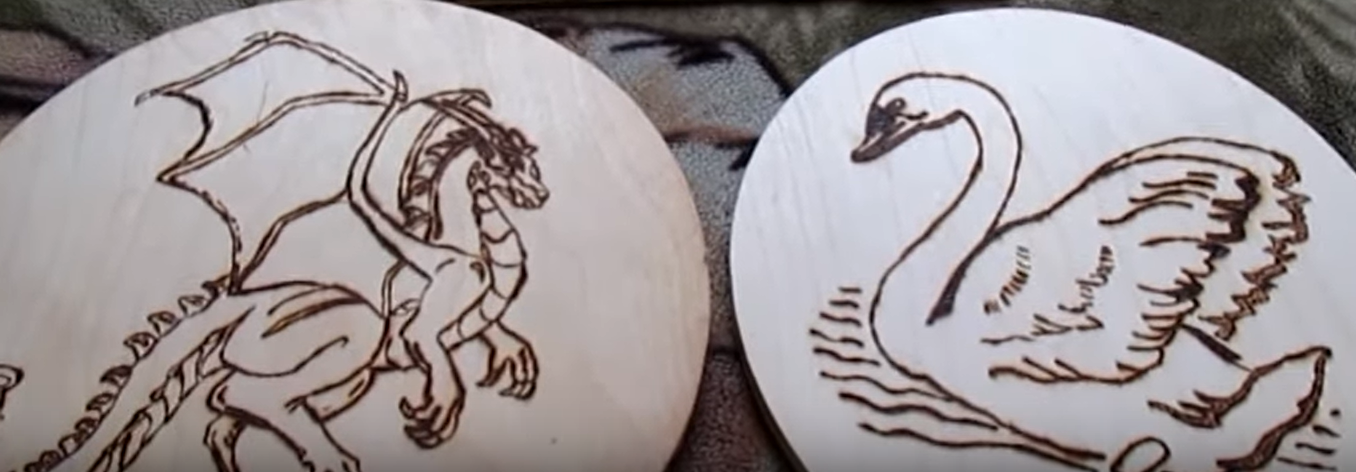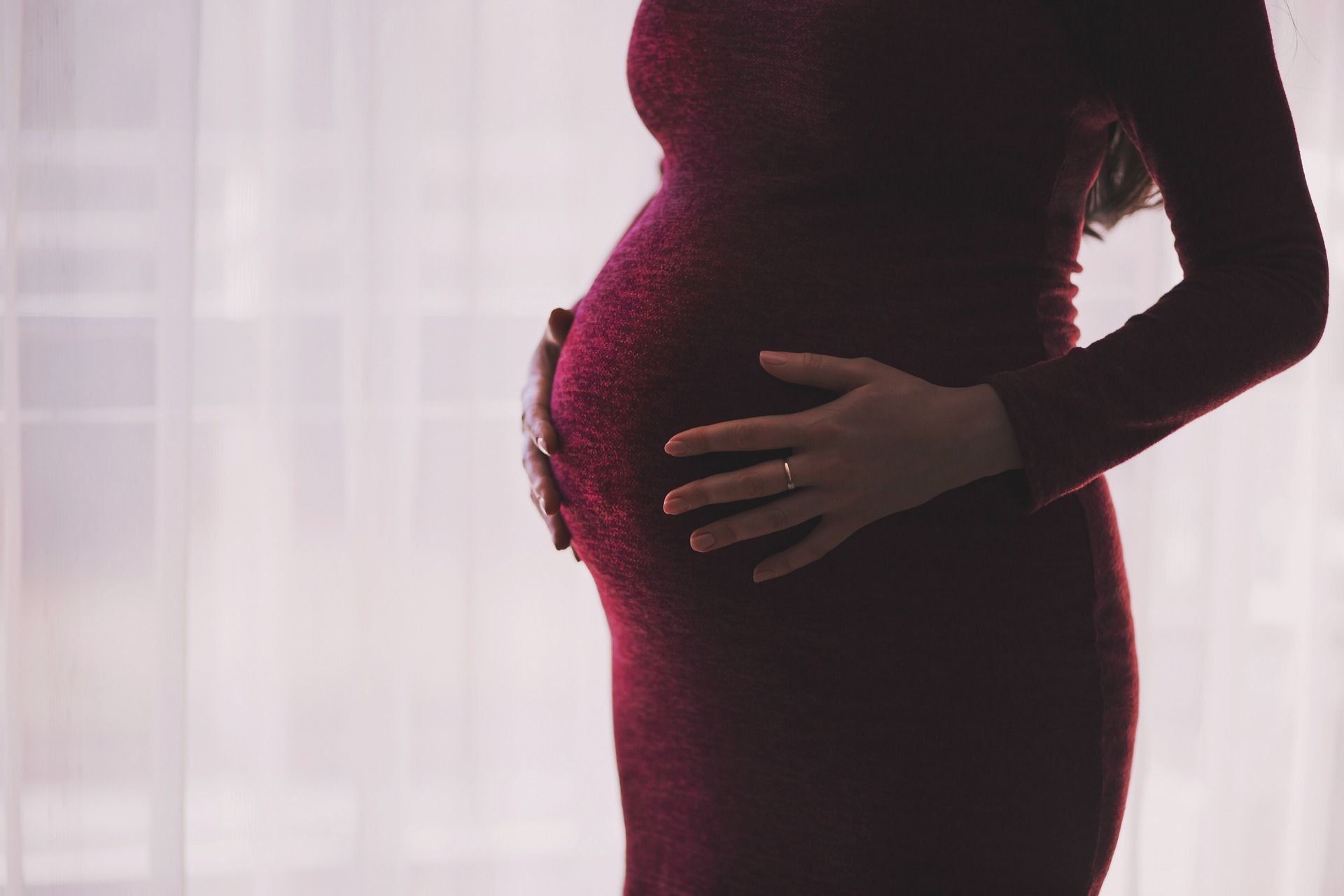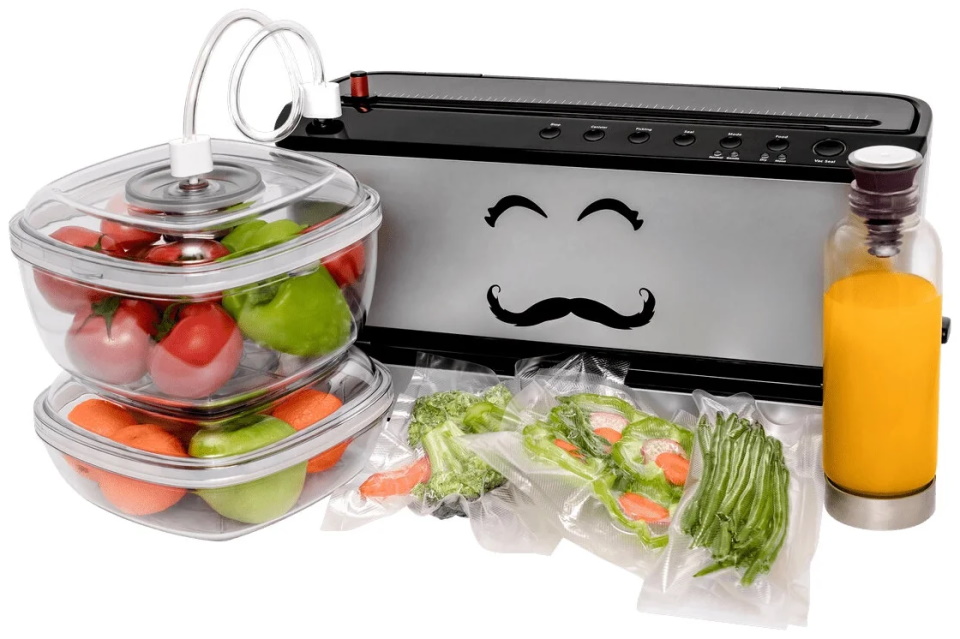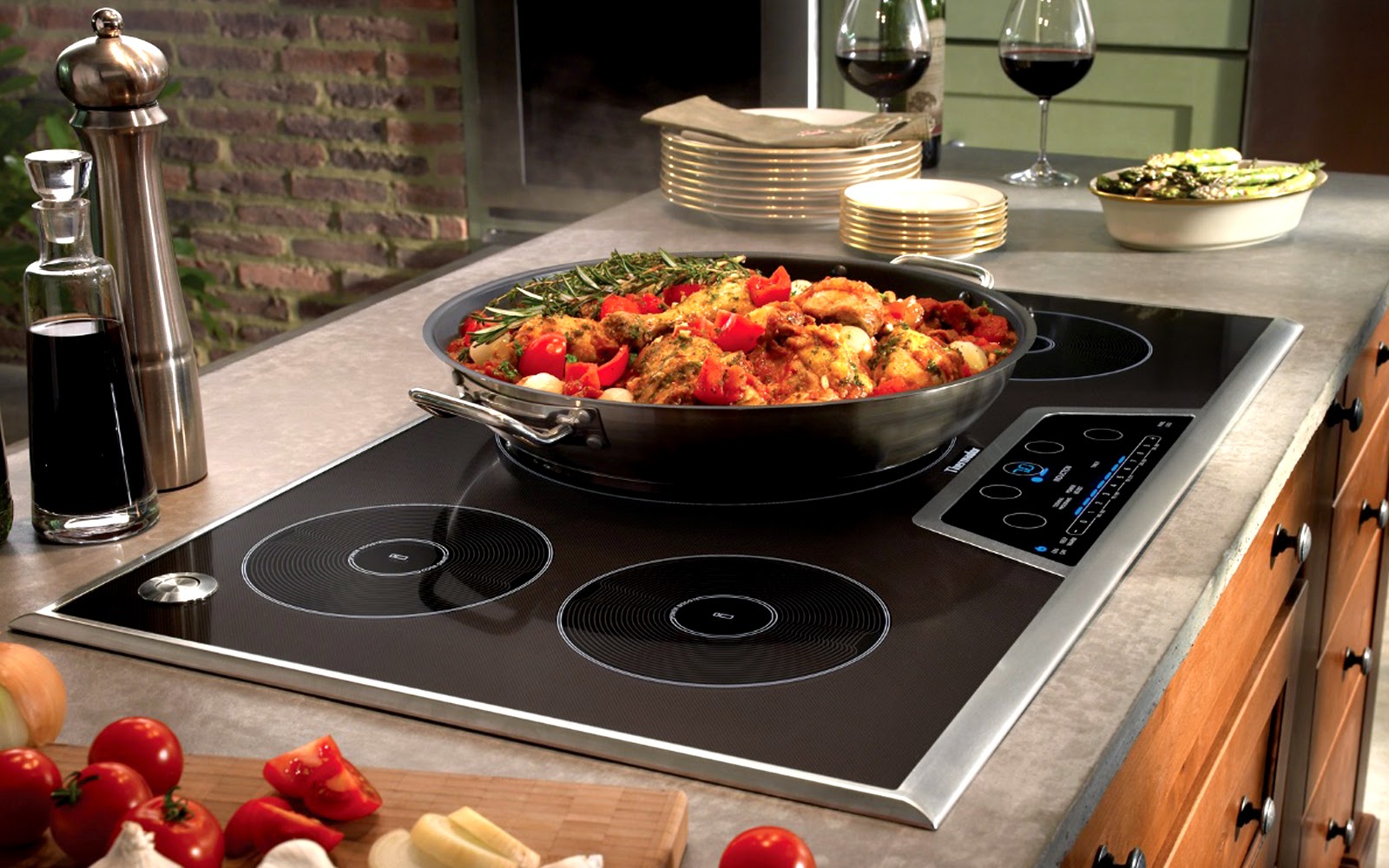Rating of the best glass mosaic for 2025
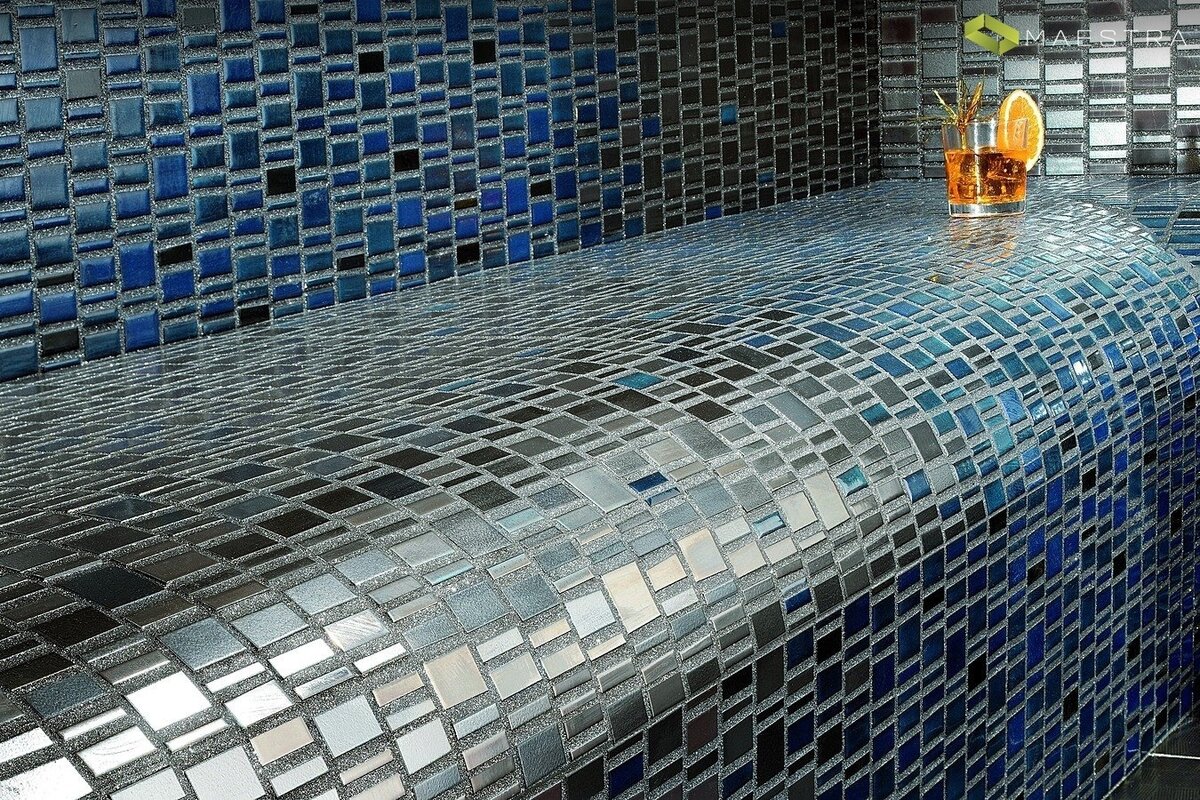
Glass mosaic has long been considered an excellent alternative to classic facing tiles, as well as a very effective and original way of decorating rooms of various types. It looks very good in modern interiors, allows them to be ennobled and transformed in a qualitative way. In addition, it is distinguished by its durability.

Content [Hide]
- 1 Glass mosaic - general information
- 2 Types of glass mosaics
- 3 Advantages and disadvantages of glass mosaics
- 4 Structural inclusions in glass mosaic plates
- 5 Difficulties of choice
- 6 Features of mounting glass mosaic with glue
- 7 Rating of the best glass mosaic for 2025
- 8 Conclusion
Glass mosaic - general information
The considered type of finishing material is made from a mixture of purified quartz sand interspersed with metal oxides and other additives. It is smelted at a temperature of more than 1000 degrees Celsius, which gives the resulting product a special strength, which distinguishes it from traditional glass. Due to the increased strength properties, it is allowed to use glass mosaic as a floor covering. This is also facilitated by the small size of individual elements, which varies from 1 to 2 square centimeters. Key features of this product include:
- Complete impermeability to water;
- Resistance to alkalis;
- Increased thermal resistance (up to +145 degrees Celsius);
- Frost resistance (up to -30 degrees Celsius and the ability to withstand more than one hundred freeze / thaw cycles);
- Resistance to permanent temperature fluctuations (within the range from +15 to +45 degrees Celsius);
- General environmental safety;
- Ability to resist UV radiation.
From this it is clear that with this type of mosaic it is allowed to cover almost any surface, and even those that constantly accumulate household dirt and come into contact with water.
According to experts, glass mosaic is a material with excellent performance data, which can be used not only in practical, but also in aesthetic terms. The decorative qualities of the material can be enhanced by the inclusion of additives: liquid gold, mother-of-pearl, iridium, aventurine, etc.
In the old days, decorating various objects with the help of a mosaic required painstaking work and sufficient experience, but today it is not difficult to make a pattern using a computer program. In addition, ready-made drawings are available for sale, placed block by block on paper or fiberglass mesh. Accordingly, the entire design part of the work is greatly simplified, and the process itself is no different from laying standard tiles.
Types of glass mosaics
Mosaic mixes (mixes)
They are randomly arranged layouts of chips-plates on the surface. Shades for mixtures are often selected on the basis of contrast, however, a certain amount of harmony in the future drawing should be present. The large color palette that exists on the market allows you to create many variations. In addition, elements from other textures and materials can be used in mixtures, for example, a combination of glass and stone.
Due to the fact that the mixture is quite simple to create, its ready-made matrix templates are cheaper than other variations, which does not make them less aesthetically attractive - the principle that “real beauty can be hidden in simplicity” will work here (especially if the selected materials are good quality).Most often, mosaic mixes are used to decorate the walls of swimming pools, saunas, bathrooms, toilets and sanitary fittings. It is also allowed to use them as floor coverings and in the design of the "apron" of the kitchen.
IMPORTANT! The main rule when creating mixes is that the elements in it should not be square, and the seam lines should be parallel. The standard solution is to use the diagonal stacking method for elements that have a round, hexagonal or rectangular shape. If, however, laying in several levels, then you can visually give the overall picture more space and dynamism.
Stretch (stretching)
This version of the mosaic layout is considered an Italian invention and is characterized by a gradient transition of color shades from edge to edge. Vertical transitions are the most common, but both horizontal and diagonal options are popular. Broaching of glass mosaics is carried out in elongated rectangular sheets, which can vary in size. Optically, stretch is somewhat reminiscent of a regular mix, because it also lacks a clear pattern, and the difference is a more thoughtful and orderly arrangement of elements, coupled with a color selection. As a rule, stretch marks are used for facing vertical surfaces, i.e. sanitary fittings, furniture and walls. The scope of application is unlimited: from the facades of buildings to the lining of the living room in the living room or the kitchen room. Appropriate lampshades will help to qualitatively complement the stretch. It is also possible to surround the standard matrix (as the main decor element) with additional stretch marks.
IMPORTANT! When using stretch, it is necessary to choose its height properly so that it does not exceed the height of the surface being trimmed (does not step, for example, on the ceiling). This way you can best emphasize the color transition.
Decorative variations
This term means the creation of any thematic drawings and panels. Thanks to the versatility of the glass material and its mesmerizing depth, even strict and discreet drawings can become an original decoration. Products are usually made up of repeating patterns, different in style and size. These are both simple geometric patterns and specific thematic ethnic paintings. Among the latter, images reflecting the life and culture of the countries of the ancient world are very popular. These mosaic variations can be dosed into the coating, visually drawing a person's attention to a certain area, while complementing the overall interior. In the decor, the use of uniform ornaments is also allowed, which outwardly will generally resemble classic wallpapers. The division in the decor is made by mosaic borders (they are also separators). With their help, one drawing will be visually separated from another. In practice, borders are usually used to decorate the edges of furniture objects, but with appropriate design they can play the role of an independent decoration against the background, for example, of monochrome tiles. With decorative variations, you can even imitate panel frames or wall hangings.
Advantages and disadvantages of glass mosaics
The considered mosaic material belongs to the category of elite, is very popular with buyers, and there are a number of reasons for this:
- A huge variety of textures and shades;
- Resistance to humidity and elevated temperatures;
- Weak susceptibility to the negative effects of chemicals;
- General versatility;
- Applied practicality;
- Resistant to ultraviolet rays.
Among the shortcomings, only one can be named, but it is significant - this is a high cost.
Structural inclusions in glass mosaic plates
To give special aesthetics to the plates, the following additives may be included in the composition of the glass mosaic:
- Aventurine - it gives the glass notes of mysterious shimmer. The ornamental look of aventurine is distinguished by its characteristic copper color and stands out perfectly against the dark tiles. However, such an additive sharply increases the cost of the mosaic, because the technology of adding is very laborious, and the percentage of production waste is very high (30%).
- Mother of pearl - to create this effect, selenium and cadmium are added to the molten glass - they will give beautiful overflows. But a mosaic with such a structure quickly loses its visual appeal if used as flooring in high-traffic areas.
- Iridium - this expensive and rare material is valued slightly cheaper than platinum, has a white-silver tint, which is responsible for creating a whole range of different overflows (depending on the percentage ratio of the additive and the base material) - from pink with gold to green-blue.
- Gold leaf - it is applied exclusively to the surface and the walls of classic interiors (very expensive samples) are finished with a similar mosaic.
- Amalgam - it gives the mosaic properties of specularity, and in its composition is not far from the glass itself. It is preferable to use such plates as single inserts in a mosaic composition.
- Eco-glass - it is created by adding a special organic pigment in order to obtain the desired color. It creates opaque glass.
- Smalt – through this element it is possible to obtain a modern glazed material. The addition itself consists of potassium salts, which will give the colored glass some of the shades of the applied enamel. Production is not particularly difficult, so such samples have a price slightly below average. With the help of this material, when setting the smelting temperature to 800 degrees Celsius, it is possible to obtain frosted opaque glass.
Difficulties of choice
As with any other finishing material, first of all, it is necessary to determine the place of the future cladding, namely: whether the glass elements will need a certain level of additional protection, whether there is an increased level of humidity in the room, whether the surrounding space is subject to completely bipolar and sharp temperature changes. Further, you can already think about the selection of colors, which will be directly dependent on the purpose of the room. For example, cool or cool blue-green or turquoise tones are suitable for pools, because they perfectly emphasize all the natural aesthetics of water. It would be a big mistake to use dark colors in such rooms, as they will signal the overall gloom of the design (nevertheless, this problem can be solved with the help of multi-colored bright lighting). In the bedroom, it is better to use beige-brown colors that speak of calmness. It is preferable to finish the bath in blue.
If it is planned to use a mosaic with shades of mother-of-pearl, then the question of what kind of lighting will fall on the mosaic surface will become important.Under direct and natural light, such a glass mosaic will look perfect, shine and shimmer with different color shades. If the mother-of-pearl mosaic is installed in rooms without windows (for example, a bathroom), then it will be difficult to achieve a glossy effect, because the lack of natural light will completely turn the mother-of-pearl ornament into a monochromatic one. However, high-quality modern fixtures will help to solve this problem.
When decorating walls, ceilings and slopes, it is desirable to use mirror mosaic variations. Using them as a floor covering will be a fundamentally wrong decision, because. mirror plates are not very resistant to all sorts of scratches, moreover, they will require laying on a perfectly flat surface - this is required so that the sharp edges of the glass chip plates do not protrude with their edges outward.
Features of mounting glass mosaic with glue
Before starting the installation of glass mosaics on the prepared surface, it is necessary to decide what kind of adhesive composition is required, since this segment of the construction market is very diverse. As a rule, due to the fact that glass is a (usually) transparent material, the adhesive must also be white or transparent. But for gluing colored elements, it is better to use glue of the appropriate shade. Professionals consider it a mistake to use gray glue for transparent and translucent glasses, because such an adhesive composition can completely change the visual perception of the future coating. For very complex work, for example, when installing large-scale paintings, panels or stained-glass windows, only silicone compounds are used.
Also, you should pay attention to other technical parameters:
- Adhesion strength - the adhesive composition must attach the mosaic to the surface to be lined with maximum force for a long time;
- Temperature stability - the adhesive layer should not transform into a liquid state (melt) at high temperatures and should not crumble and burst at low temperatures;
- Moisture resistance - if the mosaic is installed in a swimming pool, bathroom or sauna, then it is not allowed to use ordinary tile adhesive for its installation - only special compositions should be used.
Rating of the best glass mosaic for 2025
Budget segment
3rd place: "Base (A60), plate size: 20x20, color: green"
votes 0
This glass opaque mosaic of light green color from the "Base" series is perfect for decorating a pool, bathroom, bathroom, sauna, bath. The surface of the mosaic is made with a matte shade, brushed. The size of the plate is 20 by 20 mm, its thickness is 4 mm. Floor laying is allowed. Differs in frost resistance. The recommended cost for retail chains is 171 rubles.
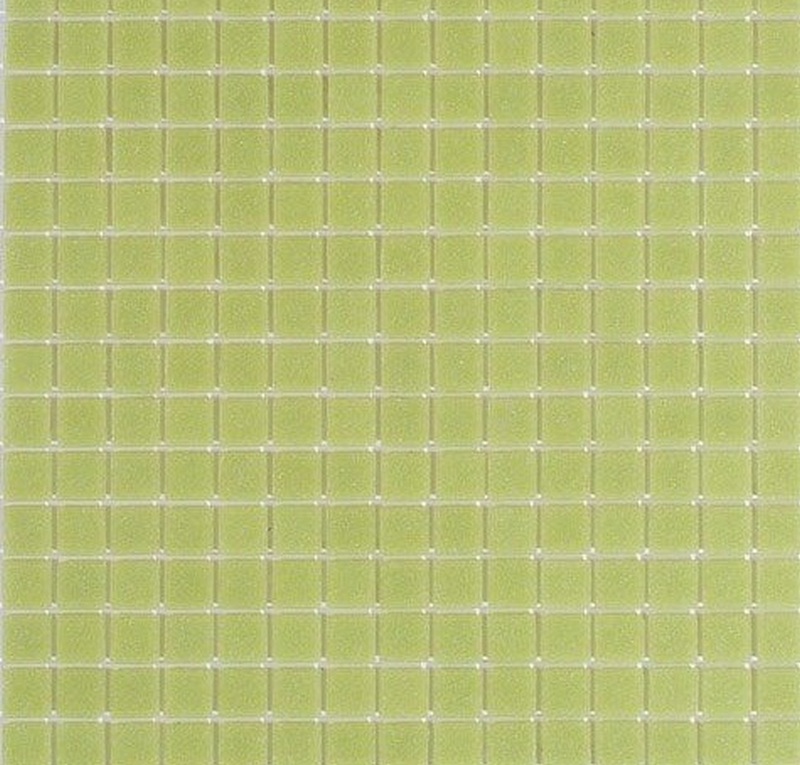
- Matte opaque surface;
- Possibility of use as a floor covering;
- Very reasonable price.
- Not detected.
2nd place: "Glass Imagine, plate size: 15x15, color: silver"
votes 0
Standard model with a silver-mirror surface. Perfect for any premises, only use as a floor covering is not allowed. An amalgam is interspersed in the structure of the chips. Not afraid of ultraviolet light.It should be mounted only on alkali-free or acid-free adhesives, because this mosaic contains amalgam foil. If you use cement glue, the mosaic will turn black even at the installation stage. It is recommended to use a 2-component polyurethane adhesive. The recommended cost for retail chains is 367 rubles.

- Original silver mirror design;
- Quality manufacturing;
- Ease of installation.
- Impossibility of mounting on cement glue;
- Inadmissibility of laying on the floor.
1st place: "Diamond, size: 25×25, color: gold"
votes 0
This sample has an original glossy gold surface, additionally trimmed with sparkles. Such a mosaic can be installed in bathrooms and showers, in kitchens and any interior spaces. The golden hue is simulated by interspersing the smallest colored plastic particles that are not subject to fading under the influence of ultraviolet rays. A sufficiently large chip allows you to use the mosaic by installing it on the floor, especially since it has an anti-slip coating. The recommended cost for retail chains is 380 rubles.

- Glossy "gold" original design;
- Anti-slip surface;
- Wide scope.
- Not detected.
Middle price segment
3rd place: "Glass mosaic 31.7x31.7x0.4 ANTISLIP (non-slip), black"
votes 0
This model from the Spanish brand "Vidrepur" is black and has a rough anti-slip surface.It is designed for flooring in rooms with high humidity: bathrooms, bathrooms, shared showers, swimming pools, saunas, etc. The mosaic fully complies with the high requirements for comfort and safety, which is achieved due to high technical characteristics, such as: strength, moisture resistance, frost resistance, increased resistance to wear. The composition of the mosaic includes natural eco-friendly material, the mosaic does not support the formation of fungi and mold. After installation, the surface does not require special care, it is easily cleaned with detergents (without abrasives). The recommended cost for retail chains is 385 rubles.

- Wide scope of application;
- Adequate cost;
- Eco-friendly manufacturing material;
- Anti-slip surface.
- Not detected.
2nd place: "Glass mosaic 31.7x31.7x0.4 Marble, gray"
votes 0
This glass model has a pattern of natural white marble. The light matte surface of marble is very versatile and will look great in any room. It can be used for bathrooms, saunas and hamams, it will also harmoniously fit into the design of a kitchen or a corridor. Mosaic fully complies with the increased requirements for convenience and safety, thanks to the best technical characteristics, such as strength, moisture resistance, frost resistance, and high-quality resistance to premature wear. The composition of the elements includes natural material, the mosaic does not contribute to the formation of fungi and mold.After laying, the surface does not need special care and is easy to clean with non-abrasive detergents. The recommended cost for retail chains is 490 rubles.

- Quality production;
- Ease of installation;
- Does not need special care.
- Not detected.
1st place: "Glass mosaic, 31.7x31.7x0.4 Astro Blanco, white"
votes 0
This glass mosaic sheet is sold in sheets of 317x317mm, the mosaic chips are glued to a fiberglass mesh or individually bonded with a resin bond. The indisputable advantage of this glass mosaic is the ease of installation and the possibility of laying radius corners and uneven structures. Mosaic material - glass, is resistant to temperature extremes, its water absorption is zero, all these properties give the product strength and durability. Easy to clean with detergents that have a slight degree of acidity. The ideal decorative surface is used for facing swimming pools, bathrooms, kitchen aprons. The 'Perla' collection is an excellent choice for finishing a pool or bathroom. The product has the effect of mother-of-pearl overflow, by changing the direction of the mosaic light source, you can change the shades of white to "sea breeze". The recommended cost for retail chains is 610 rubles.

- Ability to change color through the use of light sources;
- Large canvas area;
- Pearly overflow.
- Not detected.
Premium class
2nd place: "Glass mosaic with mother-of-pearl effect, Pearly series, size: 20x20, color: beige"
votes 0
This model is designed specifically for swimming pools. Supplied as a monolithic mesh sheet with dimensions of 327 x 327 millimeters, where each chip has dimensions of 20 x 20 millimeters. In the process of creation, a structural inclusion was applied, due to which individual elements acquired the effect of "purple holography". The heterogeneous glossy surface is able to perfectly decorate any pool made in the style of "glam bow". The recommended cost for retail chains is 890 rubles.

- Use of "purple holography" technology;
- Large individual chips;
- Original and stylish design;
- General versatility.
- Not detected.
1st place: "Gold mosaic series Fake gold, size: 20×20, color: gold"
votes 0
This model imitates gold plating and has a very smooth canvas (327x327mm). Structurally, it consists of glass chips 20x20 mm in size and 4 mm thick. The modern approach of manufacturers to the design of the “golden” type forms a wide demand for this model within the framework of a variety of stylistic preferences. Installation does not present any particular difficulties, and use is possible in the following rooms: kitchens, baths and saunas, showers and bathrooms, as well as any indoor premises.

- Wide scope;
- Classic "golden" design;
- Large chips-plates.
- Not detected.
Conclusion
So, there is no doubt that glass mosaic is a beautiful and unusual finishing material. But it will also require skill and skills, both in the selection process and in the installation process.You should not rush to buy: you need to accurately determine all the pros and cons, having previously thought through the future interior to the smallest detail, not excluding the overall color and texture, the presence of proper lighting, as well as the compatibility of the mosaic with surrounding objects, such as windows and furniture.
new entries
Categories
Useful
Popular Articles
-

Top ranking of the best and cheapest scooters up to 50cc in 2025
Views: 131652 -

Rating of the best soundproofing materials for an apartment in 2025
Views: 127691 -

Rating of cheap analogues of expensive medicines for flu and colds for 2025
Views: 124519 -

The best men's sneakers in 2025
Views: 124034 -

The Best Complex Vitamins in 2025
Views: 121940 -

Top ranking of the best smartwatches 2025 - price-quality ratio
Views: 114981 -

The best paint for gray hair - top rating 2025
Views: 113396 -

Ranking of the best wood paints for interior work in 2025
Views: 110319 -

Rating of the best spinning reels in 2025
Views: 105330 -

Ranking of the best sex dolls for men for 2025
Views: 104367 -

Ranking of the best action cameras from China in 2025
Views: 102217 -

The most effective calcium preparations for adults and children in 2025
Views: 102012
